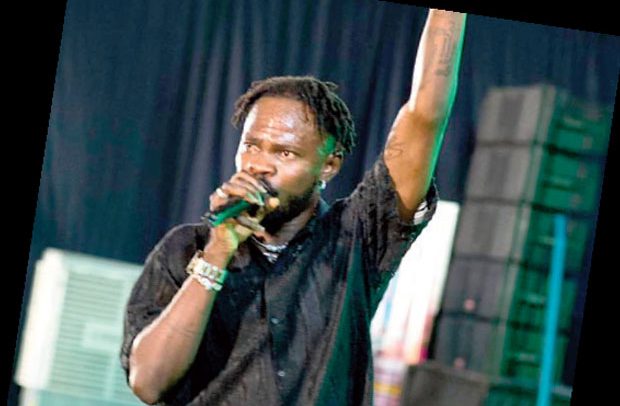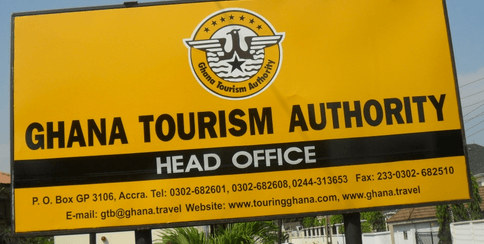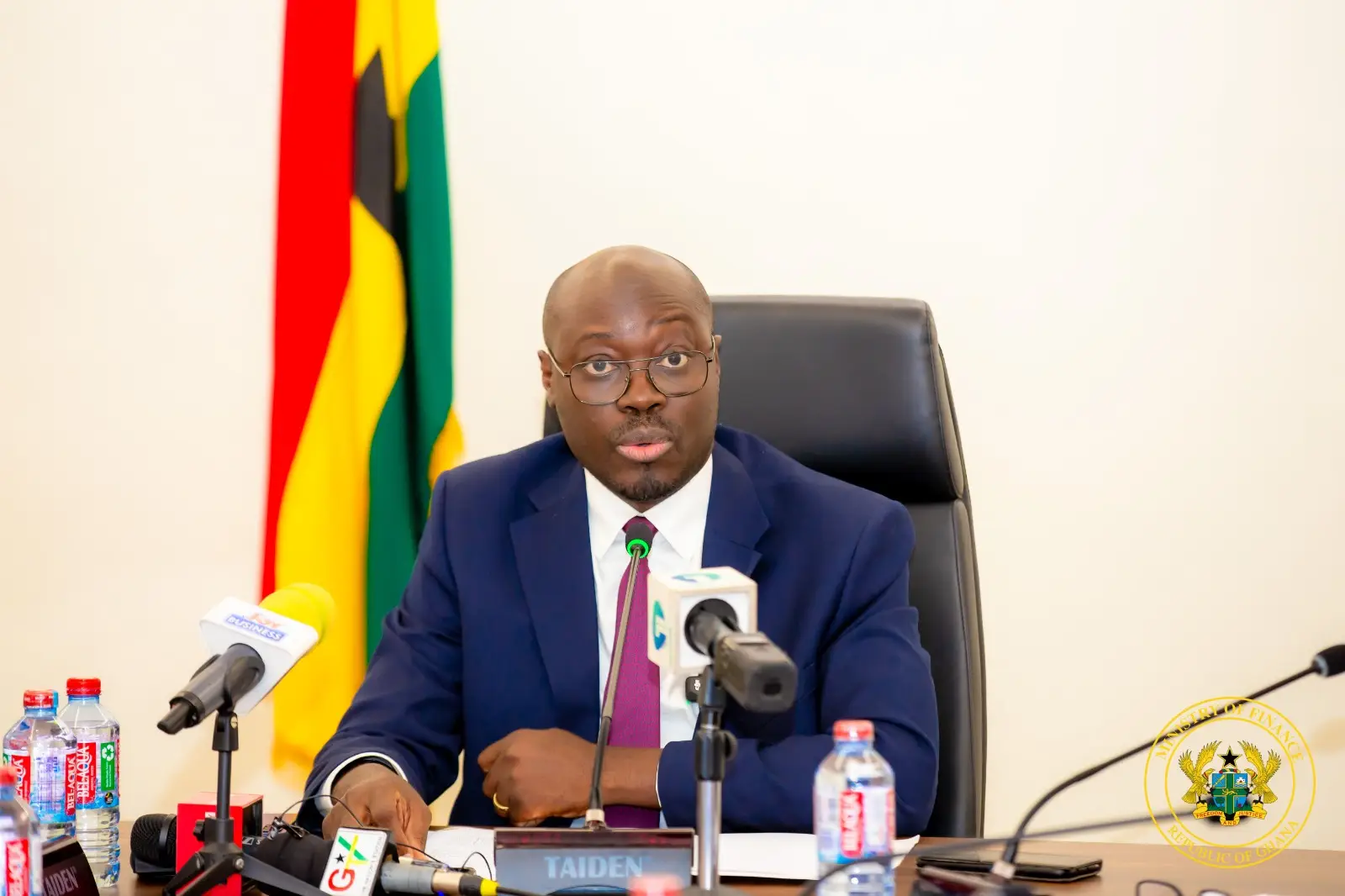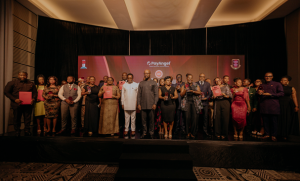![Raymond, the navigator of the University of Ghana School of Law [Article]](https://citinewsroom.com/wp-content/uploads/2024/04/raymond-atuguba-1.jpeg)
There is the Law of Navigation. Explained simply, it posits that every business should have a vision and navigate cautiously towards attaining it. For larger and significant organizations, it is extremely important to find pathways towards the vision. Consequently, good leaders are those who are also good navigators. John C. Maxwell, the American speaker and author who is the proponent of this law, says “First-rate navigators always have in mind that other people depend on them and their ability to chart a good course.” He adds that “anyone can steer the ship, but it takes a leader to chart the course. Leaders should be good navigators who are capable of taking their people just about anywhere.”
Indeed, “anywhere” appears to be where the University of Ghana School of Law (UGSoL) is destined for, except that in this case, there are well-defined boundaries. UGSoL has chartered a transformative course to position itself as the place of choice for legal education, particularly at the post-graduate level. One pathway to achieving this has been the ambition to change the face of the School’s infrastructure by constructing a new, modern, state-of-the-art multipurpose building. Another pathway is to offer a completely different environment for teaching and learning, which will be greatly enhanced by the new infrastructure. There is also the pathway towards redefining legal education in Ghana by infusing technology and experiential learning into the programmes of UGSoL.
The question to ask is: who is the navigator at UGSoL leading the School into these uncharted waters with a willing group of faculty and non-faculty staff as well as students as internal partners in this voyage of exploration? The current play at UGSoL regarding leadership and the staff manifests the Law of Buy-In, which states that “your people are willing to aim for your vision because they believe in you. You must uphold your end and be a leader they can rely on”. The reliable leadership that UGSoL has and the interdependence on one another – management, staff and students alike – account for the strides the School has made in recent years. Besides, it is easier to navigate towards attaining a vision when leaders bring their wealth of experience to the table and do an objective assessment of the current situation and the antecedents to that, followed by stoic decisiveness driven by evidence, not trial and error.
The search for the navigator of UGSoL leads to an up-close and personal encounter with Prof. Raymond Akongburo Atuguba, a professor of General Jurisprudence at UGSoL who has been teaching there since 2002. He is the Dean of UGSoL responsible for the academic, strategic direction, leadership, and development of the School. He is a Nankana from Mirigu in the Kassena-Nankana West District of the Upper East Region, and was born on April 1, 1974, in Bolgatanga, the Upper East regional capital. He had his secondary education at the St. Hubert Minor Seminary in Kumasi in the Ashanti Region and St. Charles Senior High School in Tamale in the Northern Region.
Professor Atuguba graduated from the University of Ghana in 1997 with First-Class Honours. In 1999, he was certified as a Barrister and Solicitor of the Supreme Court of Ghana. In the process towards that certification, he was adjudged the best student in Civil Procedure, Family Law, and Commercial (Insurance) Law by the Ghana School of Law. He is an alumnus of the Harvard Law School, where he graduated with a Master of Laws (LL.M.) degree in Human Rights and International Finance in 2000. He then obtained, with distinction, a Doctor of Juridical Sciences (S.J.D.) degree in Development Studies, and Law and Development in 2004. He holds an Executive Master of Business Administration (EMBA) from the Ghana Institute of Management and Public Administration (GIMPA).
Professor Atuguba has been a Visiting Professor of Law and the Henry J. Steiner Visiting Professor of Human Rights at Harvard Law School from 2018 to 2019, a Bok Visiting International Professor at the University of Pennsylvania Carey Law School in 2024 and has taught over 40 related courses at universities in Africa, Europe, the United States of America, Canada and Australia. His research interests are in policy, law, and development in the global south; constitutional and administrative law in Africa; and transnational perspectives on human rights, law and organizing, and community lawyering. He has over 100 publications, has been engaged in over 100 research and advocacy projects, and produced over 100 research and technical reports. In the last quarter of a century, he has delivered over 500 papers and presentations on all continents of the world. He has been involved in the audit, review, and drafting of over 500 constitutions, policies, main legislation, strategies, regulations, guidelines, manuals, and procedures, mainly in African countries and also around the world.
Professor Atuguba served in public service as the Executive Secretary to the President of the Republic of Ghana from 2013 to 2015 and as the Executive Secretary to the Constitution Review Commission of Ghana, which was set up in January 2010. Prior to his public service appointments, he was, for more than 15 years, engaged in the fields of constitutional governance and the consolidation of democratic gains. He has maintained a great interest in law and policy advocacy, public policy reform, natural resource governance, justice sector reform and rights-based approaches to development. He is the founder and former team leader of the Law and Development Associates (LADA). He is also a managing partner of Atuguba and Associates. In addition, he is a co-founder, former executive director and former board chair of the Legal Resources Centre, as well as the board chair of the LADA Institute. He has consulted for many African governments, including the governments of Ghana, Liberia, the Gambia, Guinea-Bissau, Lesotho, Sierra Leone, Uganda, Zimbabwe, etc.
Additionally, he has consulted for major international development agencies and Non-Governmental Organizations (NGOs) like the United Nations (UN), United Nations Office of the High Commissioner for Human Rights (UN-OHCHR), United Nations Development Programme (UNDP), the United Nations International Children’s Emergency Fund (UNICEF), United Nations Office on Drugs and Crime (UNODC), the United Nations Mission in Liberia (UNMIL), the Food and Agriculture Organization (FAO), and the World Bank.
Others are the European Union (EU), the African Union (AU), the Economic Community for West African States (ECOWAS), the Department for International Development (DFID), the United States Agency for International Development (USAID), the German Agency for Technical Co-operation (GTZ), Danish International Development Agency (DANIDA), International Labour Organisation (ILO), International Organisation for Migration (IOM), and Friedrich-Ebert Stiftung (FES).
The rest are the British Council, International Institute for Environment and Development (IIED), Open Society Initiative for West Africa (OSIWA), Action Aid International, Human Rights Watch, CARE International, PLAN International, KAF, International Council on Human Rights Policy (ICHRP), IBIS, Human Rights First, Ford Foundation, OSI, and OXFAM International, among others.
Professor Atuguba designed, led or co-led over 100 training programmes and workshops and chaired or sat on over 100 boards and committees, national and international. He is a member of the Ghana Bar Association and has argued several precedent-setting cases in the Supreme Court of Ghana. He is a member of the Law and Society Association, and the American Society of International Law. He is married with two children. He enjoys watching television shows, with “24, Designated Survivor, Suits, and Blacklist” among his top picks. Driven by his belief in possibility and guided by principles of prayer, hard work, perseverance and integrity, he continues to inspire excellence in legal education and public service as he keeps his eyes fixed on successfully navigating to the desired destination.
What he appears to have mastered is that successful navigation of organisations requires a flashback into the past, reflections on successes and failures, and identifying areas for improvement. Added to this is research to establish a scientific basis for navigating in a particular direction. This is because the livelihoods of many could depend on the navigator, and yes, they must be listened to in the course of the journey. In such enterprises, a balance between facts and faith is crucial for making the best decision and for success.
Effective application of the law of navigation is definitely working for UGSoL and defining success for the School. For the moment, their newly introduced Masters programmes in law courses have become one to emulate by other law schools. With Professor Atuguba as the navigator – the leader of the transformative journey that the School has embarked upon – stakeholders expect nothing but success!
Author: Raymond Baxey; [email protected]
The post Raymond, the navigator of the University of Ghana School of Law [Article] appeared first on Citinewsroom - Comprehensive News in Ghana.
Read Full Story






















Facebook
Twitter
Pinterest
Instagram
Google+
YouTube
LinkedIn
RSS